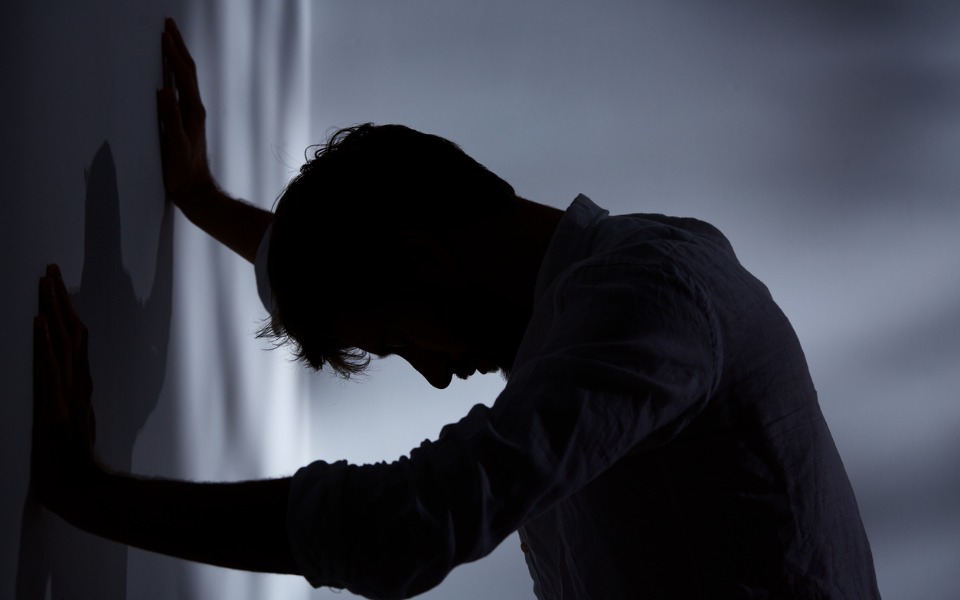
14% young Indians feel depressed, only 41% seek help: UNICEF report

One in seven Indians in the age group of 15 to 24 years feels depressed and has little interest in doing things, a new report by UNICEF’s State of the World’s Children (SOWC) has said.
The first-ever report on mental health by the SOWC raises concerns over the impact of the COVID-19 pandemic on the mental state of youngsters.
The report is based on a survey conducted by UNICEF in collaboration with Gallup in early 2021 on 20,000 children and adults across 21 countries. It says around 14 per cent of Indians in the age group of 15-24 years were found to be depressed and uninterested in chores against the international average of 19 per cent.
The report names fear, loneliness and grief as the chief reasons behind mental illnesses.
“As the coronavirus pandemic descended on the world in 2019, these powerful emotions enveloped the lives of many millions of children, young people and families…In the early days especially, many experts feared they would persist, damaging the mental health of a generation. In truth, it will be years before we can really assess the impact of COVID-19 on our mental health,” the report noted.
The report says that over 13 per cent teenagers across the world in the age group of 10-19 years go undiagnosed. This constitutes 8 crore adolescents in the 10-14 age group and 8.6 crore adolescents in the 15-19 age group.
The data is concerning as 45,000 adolescents commit suicide every year, making it the fifth-most prevalent cause of deaths in the 10-19 age group.
The report said the pandemic which came with its fair share of lockdowns, limited the exposure of children to support from social services. Besides, a huge disruption in education, daily routine and hobbies paired with concerns of family income, left many youngsters afraid and concerned about their future.
“Children in India have been through a challenging time living through the risk and restrictions posed by the pandemic. Nothing could have prepared them for the onslaught of the second wave of the pandemic that hit India earlier this year,” the report said.
“They witnessed suffering and uncertainties that no child should have to see. Being away from family, friends, classrooms and play caused isolation and anxiety. Children have not only been living an emotional tragedy, but many are also at higher risk of neglect and abuse,” PTI quoted UNICEF India representative Dr Yasmin Ali Haque as saying.
The report found that young Indians were less willing to seek support for mental health issues.
“Only 41 per cent of 15-24-year-olds in India said it is good to get support for mental health problems, compared to an average of 83 per cent for 21 countries,” the report said.
India was the only exception among the 21 countries where a majority of youngsters believed it is better to deal with mental health issues by oneself instead of seeking support or sharing it with others. In contrast, youngsters in other countries voted for reaching out for help as the best way to tackle mental health issues.
Stressing that the stigma around mental health could be a strong reason that keeps children from seeking help, the report says children often pick the signs of the stigma from the environment around them.
“Children do not learn to stigmatise mental health conditions on their own; many mirror behaviours they see in the world around them. For example, a cross-sectional study of 566 secondary school teachers in South India found that nearly 70 per cent believed that depression was weakness, not sickness, and that it was unpredictable but not dangerous,” the report says.
The report says, apart from being supported by parents and caregivers, children need special initiatives at school-level to keep blues at bay.
“Strengthening evidence base on school-based interventions for promoting adolescent health (SEHER) in Bihar, India, is an example of a whole school multicomponent mental health promotion programme that is operated on a large scale and has been tested,” the report said, giving the example of a school-based initiative in Bihar.
“Features activities for all students and also individualised counselling for students in need. It operates in conjunction with a live skills training programme integrated into classrooms,” the report added.


